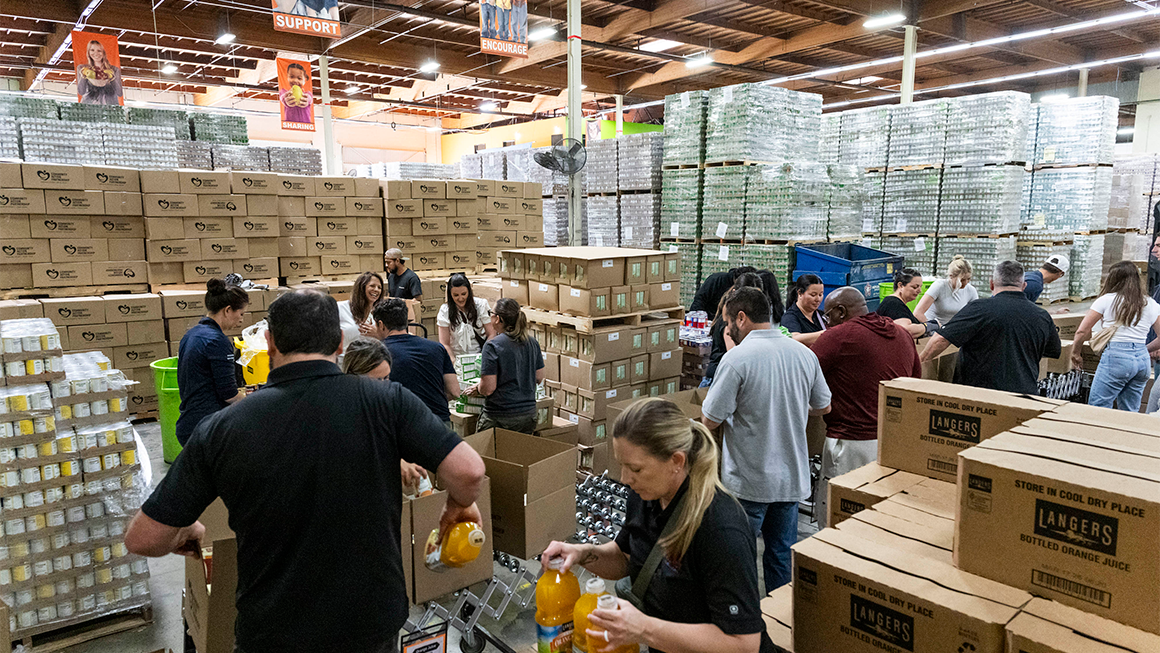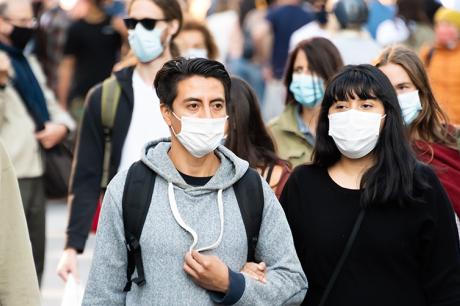Articles and analysis on today's issues

Federal cuts to the Supplemental Nutrition Assistance Program could cause some DC-area families to lose an average of $187 in monthly benefits.
Americans’ Credit Health Improved during the Pandemic, but There’s More to the Story Though forbearance and other policies may have temporarily stabilized credit health, there is reason for concern about other aspects of financial health.Immediate Actions Policymakers Could Take to Support the CC/ECE Workforce Without efforts to stabilize the child care field and to address the challenges of the COVID-19 crisis, we risk permanent job loss.Poverty Results from Structural Barriers, Not Personal Choices. Safety Net Programs Should Reflect That Fact. The social safety net is fundamentally inequitable.Policymakers Should Consider New Ways to Use Federal Dollars to Help K–12 Students Federal dollars make up a small share of K–12 education funding, at a time when the COVID-19 pandemic has likely exacerbated existing inequities in student achievement. An influx of federal dollars could help.How Can Counties Create Housing Stability for Justice-Involved People? Counties can help bridge the housing and justice fields to improve reintegration and help people avoid justice-system involvement in the first place.An Equitable Return to Early Education Demands a Smart Approach to Data Together, current data, rigorous methods, and targeted resources can get American early education back on track.





